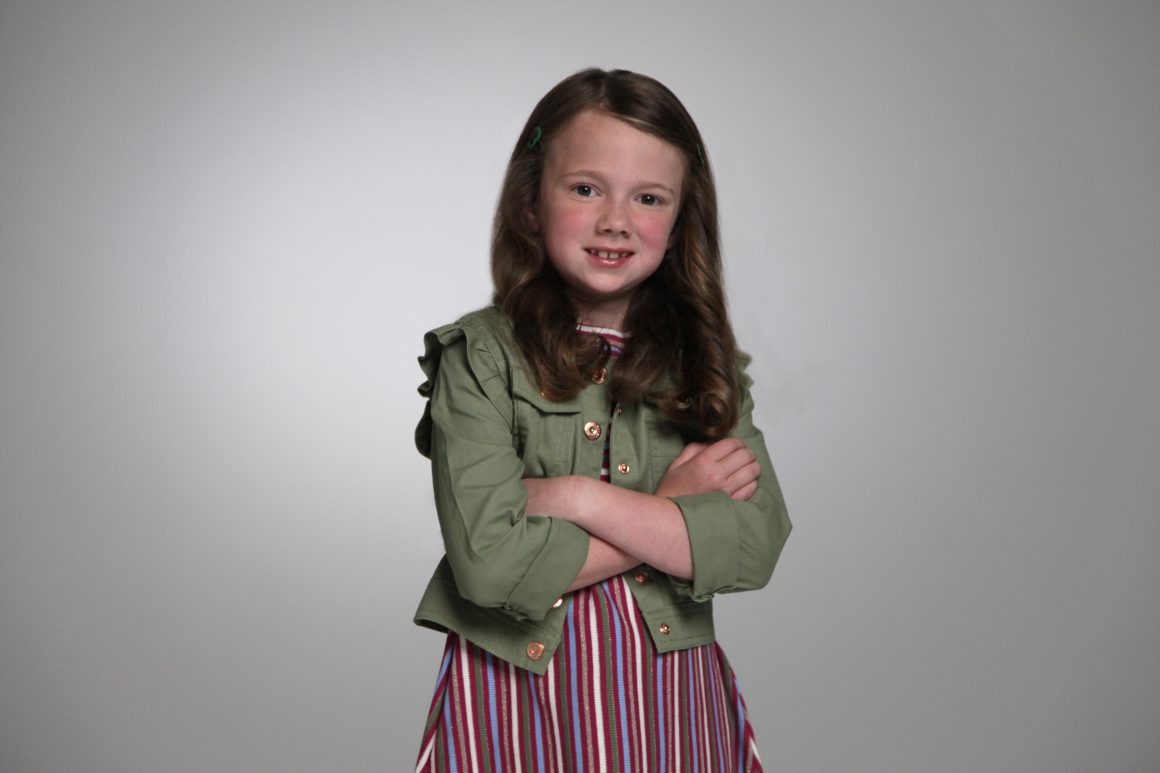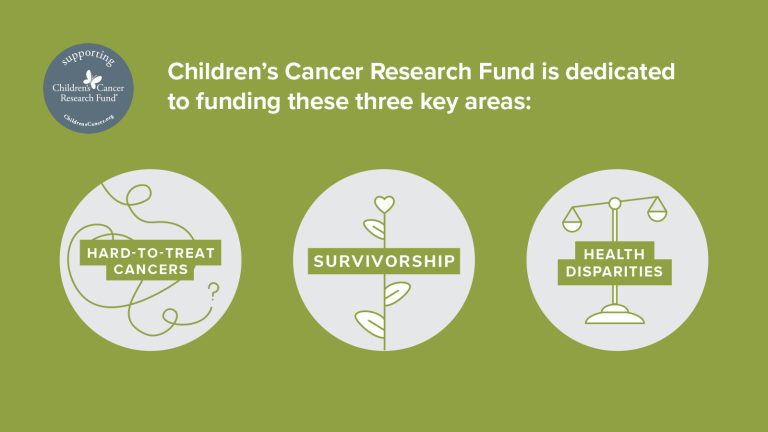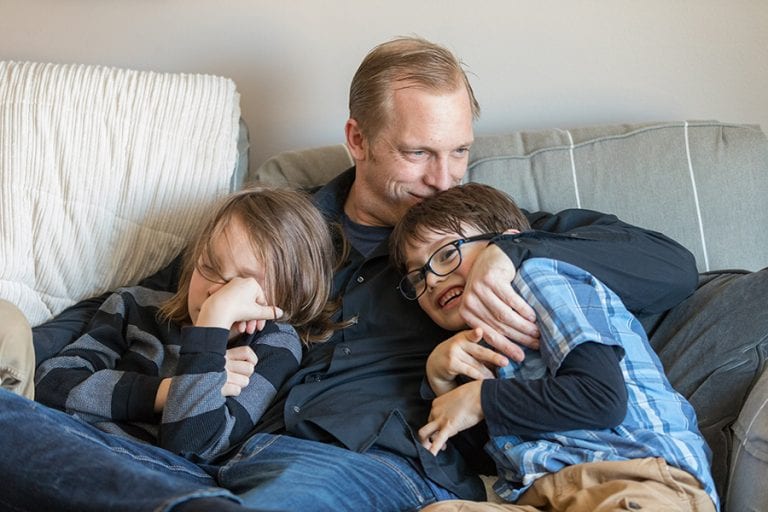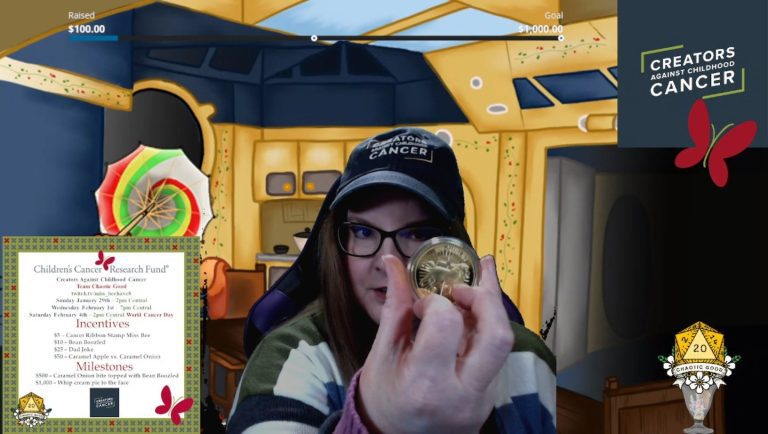Just before she turned 6 years old, Izzy had her very first haircut. Her light brown curls, which reached down to the backs of her knees, had served as a kind of trophy for a hard-fought battle. It reminded Izzy and her family of how proud they were when they first saw her hair starting to grow back after losing it, twice, during chemotherapy when she was just a year old.
Izzy had finally reached five years being cancer-free, which qualifies her as a long-term cancer survivor. So it felt like time - she could let the hair go. But that didn’t make it easy.
“It was more than just hair,” Amanda, Izzy’s mom, said. “She didn’t have much when she was 1, but no parent should have to watch their baby’s hair fall out.”
Six Years Ago
Izzy and her twin brother Isaiah had just turned a year old when their parents, Amanda and Jeremy, started noticing Izzy had what looked like a diaper rash. The rash turned into bleeding, accompanied by a fever. Izzy’s pediatrician and several ER doctors didn’t have answers, so they decided to run some additional bloodwork. They sent Izzy to the seventh floor - oncology. As much as Amanda and Jeremy wanted to deny it, they knew what that meant.
“I think that’s when we knew, though our friends told us not to panic. ‘Sometimes they put others on that floor when there aren’t enough beds,’ they told us. We didn’t believe them.”
That night, after much anxious waiting, came the news: Izzy had cancer. A germ cell yolk sac tumor, to be exact. She started chemotherapy just three days later.
“It was very surreal – It was New Year’s Eve. One year before, on the very same day, we were being discharged from the hospital after nine days in the special care nursery after the birth of our twins,” Amanda said. “We were in shock. Nobody really prepares themselves for that moment.”
The next few weeks were a whirlwind of logistics - Amanda and Jeremy had to coordinate care for Isaiah, contact their employers to get time off of work, and figure out how they were going to financially manage during cancer treatment. They’d barely had time for the harsh reality to set in. In fact, it took a while for Amanda to even say “cancer” out loud, let alone accept that it was happening to her daughter.
“It was hard to say. I think I just didn’t want to admit that my kid had cancer,” Amanda said. “The whole time they kept telling us how responsive this kind of tumor is to chemotherapy and that the prognosis was really good, but I still had a little bit of denial.”
Thankfully, the doctors were right - Izzy’s treatment was effective, and after spending far too much of her toddlerhood in the hospital, Izzy is now six years cancer-free. But the memories still linger…
- Izzy and Isaiah, who had never really been apart before cancer, waving to each other over Facetime calls while Izzy was hospitalized.
- Izzy, nauseated from her chemotherapy, managing to eat some three-bean hotdish or barbeque.
- Izzy with a feeding tube taped to her cheek to help ensure she stayed strong through treatment.
These are the memories that drive Amanda and Jeremy to be advocates for childhood cancer research - and even though Izzy’s treatment was finished years ago, they have generously continued sharing her story and jumping at every opportunity to make things better for kids who come after her, and support the parents who are doing everything they can to hold things together.
“Its been placed on my heart to be more of an advocate in this space. I truly believe we are best equipped to help the person we used to be, and so I am on a mission to connect with, pray for and pour into these families. Healing shouldn’t be a solo effort - we are created to conquer together.”
Amanda is part of SOAR Leadership Council, a group of young professionals who raise funds and advocate for CCRF. Last year, with Amanda’s help, SOAR raised enough money to send 20 kids to Camp Norden, a summer camp created especially for kids who have or have had cancer.
Amanda has ridden over 740 miles for Great Cycle Challenge, an annual cycling challenge that has raised millions for childhood cancer research. Her personal fundraising total is over $12,000.
“Healing shouldn’t be a solo effort,” Amanda said. “We were created to conquer together.”
Join the fight with a Sustaining Gift
One of the biggest needs for childhood cancer research is consistent funding to drive breakthroughs and bring better treatments to kids faster. By committing to a monthly gift, you can provide that sustainable funding because kids don’t have time to wait. No gift is too big or too small to make a lasting impact in the life of a child fighting cancer.




